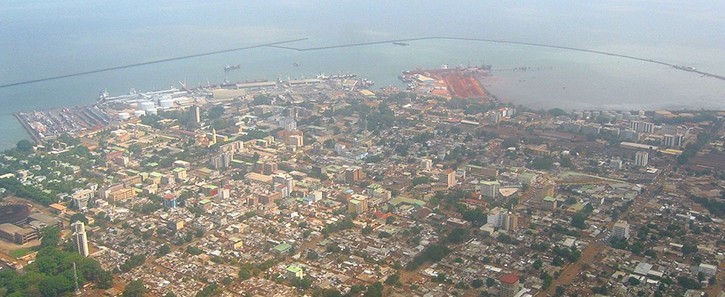
U.S.-Funded Malaria Drugs Still Being Sold on the Black Market in Africa

More than three years after Judicial Watch reported that millions of dollars in malaria drugs provided to Africa by the U.S. government are stolen annually and sold on the black market, the swindling continues. The problem has gotten so out of control that the government agency in charge of the scandalous drug giveaway, U.S. Agency for International Development (USAID), launched “malaria hotlines” to offer cash rewards for information about the illicit operations that have fleeced American taxpayers out of tens of millions of dollars.
Malaria is a mosquito-borne disease caused by a parasite and symptoms include fever, chills and flu-like illness. If left untreated, patients could die. Around 214 million cases of malaria occurred worldwide in 2015, according to the Centers for Disease Control and Prevention (CDC), 438,000 resulting in death. Most of them were children in the African region, the CDC reveals. The vast majority of malaria cases in the U.S.—about 1,500 annually—involve travelers and immigrants returning from foreign countries with high incidence of malaria, mainly sub-Saharan Africa. Through a variety of programs the U.S. government has spent billions of dollars to combat malaria in Africa in the last few years. One USAID program alone has dedicated north of $72 million since 2011 to give 19 African countries free malaria drugs, $15 million in 2016 alone.
Pervasive fraud and corruption are the norm in such free-wheeling government programs and this one is no exception. Earlier this year the USAID Inspector General announced that eight people were arrested in Guinea for illicit sale of antimalarial drugs provided by Uncle Sam. The arrests came after weeks of joint investigative work by the USAID watchdog and the Guinean National Gendarmerie to secure evidence of theft, diversion and resale of U.S. government-funded antimalarial commodities, according to a statement issued by the USAID IG. The watchdog says it opened its investigation based on reports from U.S. government staff that USAID-funded commodities, typically made available at no cost, were being unlawfully sold in marketplaces throughout Guinea’s capital city of Conakry. Profiting illicitly from health programs is especially egregious, said USAID Inspector General Ann Calvaresi Barr, who added that the life-saving drugs aren’t going to Guineans who need them most. Information on the malaria hotlines is included in the statement, which describes the initiative as a method for African citizens to oppose theft and counterfeiting of antimalarial commodities.
Back in 2013 Judicial Watch wrote about this crisis, which seems to be getting worse by the year. A mainstream newspaper had published a scandalous exposé with details about how organized networks steal large quantities of malaria drugs that end up for sale at street markets. At the time, more than 20% of the American-funded malaria drugs were diverted annually, with a street value of about $60 million, according to inside government sources cited in the news story. U.S. government officials didn’t even pretend to be surprised, instead acknowledging that they have long known that malaria drugs financed by American taxpayers are regularly stolen in Africa. “This is not the first report of theft or illegal diversion,” USAID admitted in a statement more than three years ago. As far back as 2010 drugs “intended for use in public sector clinics in several East African countries were found being sold in informal pharmacies and medicine vendors in West African countries,” the statement further said, adding that other “reports have been received since then, documenting additional instances of theft involving drugs and other malaria commodities…”
















